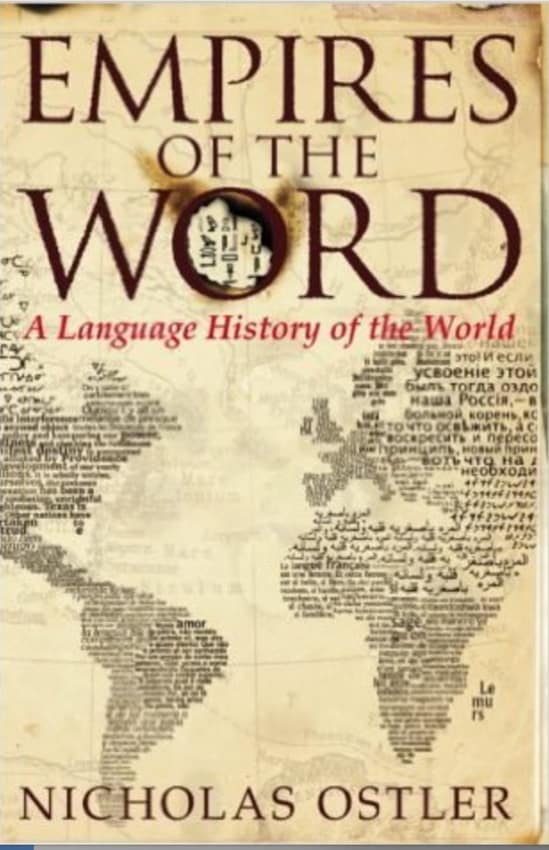
There is something to be said for the feeling of astonishment followed by curiosity when hearing a different language for the very first time.
My interest in learning more languages has only grown over the years after moving to different places, making new friends and seeing what opportunities the world has to offer.
Nicholas Ostler, the author of Empires of the Word: A Language History of the World has a serious interest in languages. This non-fiction book uncovers how languages were developed and spread. Ostler brings his readers back in time as he unravels the history of languages with his masterful storytelling.
Due to the complexity and broadness of the subject, the book raises many questions and Ostler provides answers or theories for each one. One thing I especially loved was how this book tackles the history of languages and breaks it down in a way that allows readers to fully immerse themselves in the narrative and get lost in its pages.
However, be warned, this is not a light read at all. This volume boasts a total of 559 pages — and that’s not including the preface and bibliography. It is meant to be read at a steady pace so that the reader can digest and appreciate its contents.
My favourite section was “Languages by Land,” a chapter that covers the history of the innovation of language that blossomed in the Middle East, all the way to the first death of Latin. Other noteworthy things about this book are the anecdotes and figures that are spread throughout its pages to provide a deeper understanding for the reader.
If you are someone who is keen on learning something new, this book will give you just that — especially if you like history, culture and languages. The only downside is the possibility of book burnout due to how dense it is. Overall, I would give this book an eight out of 10.
There are many advantages to learning a new language. For one, languages connect people on a different level. You can gain a new perspective and newfound appreciation for another culture. Additionally, knowing the local language can make travelling in an area easier and more enjoyable.
The other benefits worth mentioning from learning a new language include strong cognitive skills, increased networking skills, enhanced multi-tasking abilities and better decision-making skills.
Learning something new such as a different language can be daunting but if one perseveres, the outcome can very well unveil new opportunities and lead to unimaginable experiences.
Take that risk and learn something new.
—
Kristine Jones A. Del Socorro
Photo: nicholasostler.com
Leave a Reply